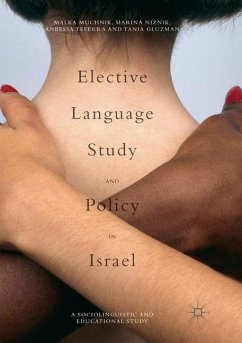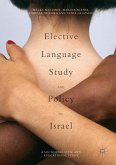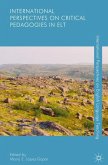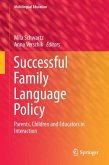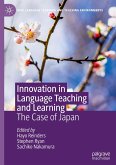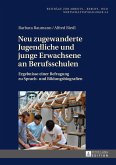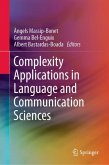This book presents research on the instruction of two heritage languages and two foreign languages in Israeli schools. The authors explore language policy and the way languages are studied from the point of view of students, teachers, schools and curricula. Language in Israel is a loaded concept, closely linked to ideological, political, and social issues. The profound changes in language policy in the West along with two large waves of immigration from the Former Soviet Union and Ethiopia resulted in new attitudes towards immigrant languages and cultures in Israel. Are these new attitudes strong enough to change the language policy in the future? What do students and teachers think about the language instruction at school? Are the teaching materials updated and do they address modern demands? This book provides answers to these and other questions. As well as describing the instruction of two heritage languages, Russian and Amharic, and two foreign languages, French and Spanish,the book also contains an extensive background on the immigration history and acculturation process of the speakers of each of these languages. An in-depth understanding of the case of Israel will serve as a guide for other countries contending with similar issues pertaining to the adjustment of language policies in light of immigration and other challenging circumstances.
Bitte wählen Sie Ihr Anliegen aus.
Rechnungen
Retourenschein anfordern
Bestellstatus
Storno

